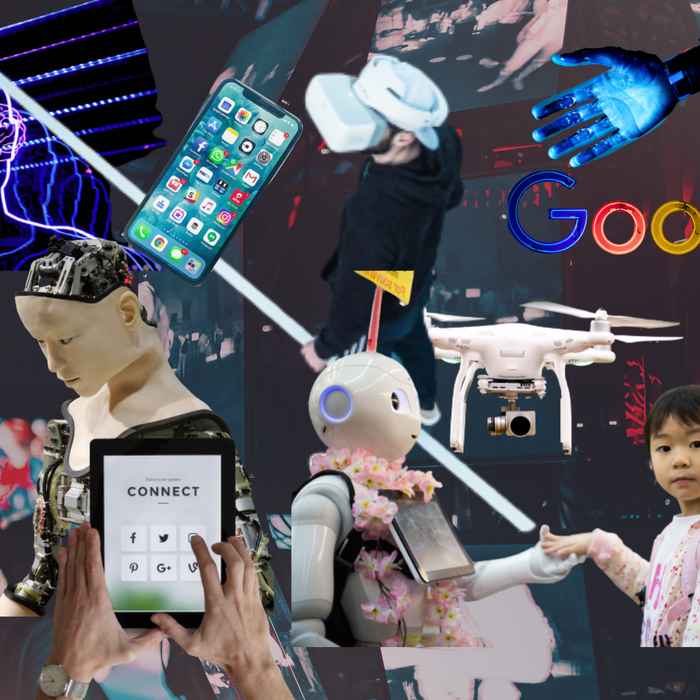Decoding Our Future: Opportunities and Threats of the Digital Revolution
In a world of rapidly evolving technologies, many are unaware of which technologies are being developed, whether these technologies are ethical, and who gets to decide whether something is a benefit or a drawback. This course introduces students to different kinds of emerging technologies and how they shape our society from an interdisciplinary perspective.

The key themes covered range from information and communication technology, and health technologies to autonomous systems and the role of different technologies in the area of governance, such as artificial intelligence, digital surveillance, and blockchains. Many technologies are already changing our lives. However, we are not always aware of the underlying impacts of this change or only consider it from the perspective of their academic discipline, leading to ineffective tech governance.
The course is taught by experts from a wide variety of fields and teaches students to learn about the development of technology from a perspective other than their main area of study. The course will also offer the opportunity for students to develop their own governance solutions. With tutorials focusing on student-led research, discussion, and policy development, participants will learn to bridge the gap between technological development and ethical governance with the goal of creating solutions for a responsible digital future.
Coordinator
Dr. D. Gerritsen
Timetable
You can find the timetable on Datanose.
Entry requirements
Open to second and third year bachelor students.
Registration
UvA Bachelor's students can register from 2 to 9 December 2024 in the GLASS registration rounds. Master’s students can send a short motivation to keuzeonderwijs-iis@uva.nl.
‘Bijvak’ students can register from 2 December 2024 until one week prior to the start of the course, by completing the online registration form.
If you have any trouble while registering, please contact us at keuzeonderwijs-iis@uva.nl.
Costs
Prices can be found on the IIS website.
SDGs in education
The IIS strives to reflect current societal issues and challenges in our elective courses, honours modules and degree programmes and attempts to integrate the following Sustainable Development Goals (SDGs) in this course. For more information about these goals, please visit the SDGs website.
- Mode
- Open UvA Course
- Credits
- 6 ECTS,
- Language of instruction
- English
- Starts in
- April